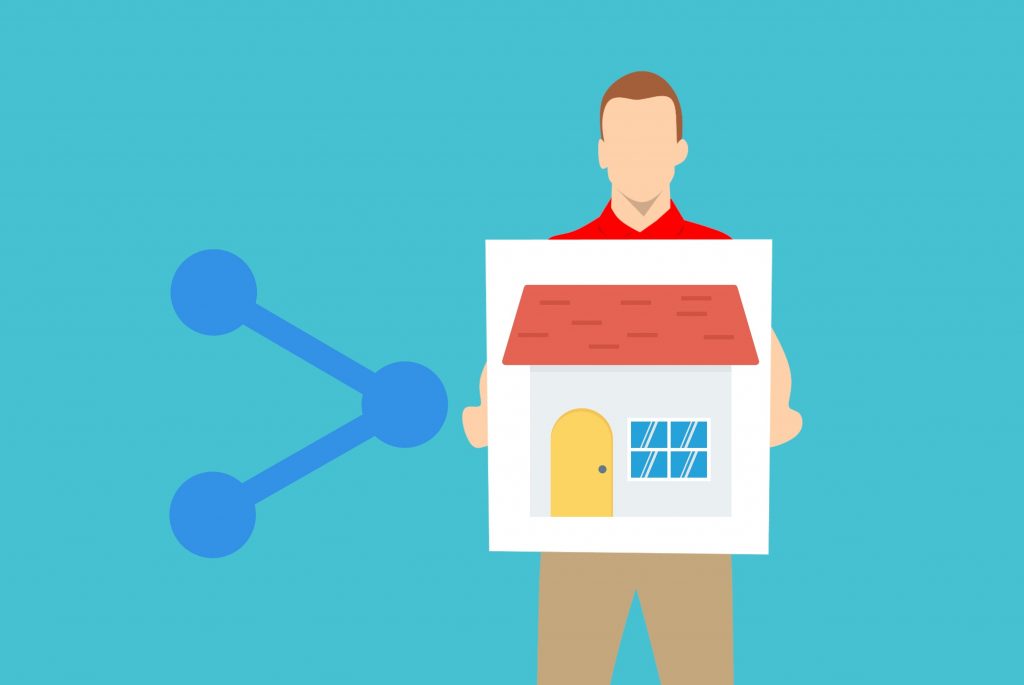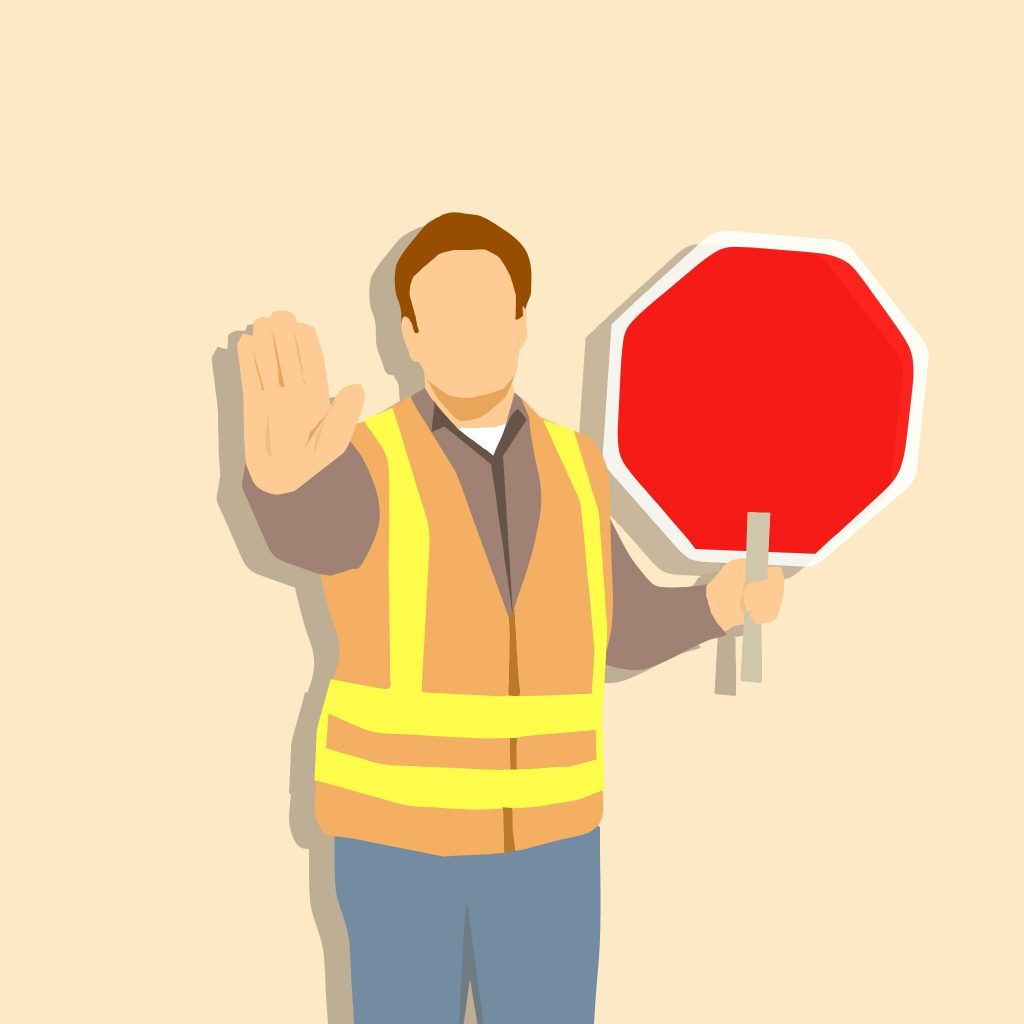Most consumers are unaware that by hosting paid guests in their homes, through home sharing sites like Airbnb, they won’t be covered under their standard home insurance during any stays and it may even invalidate their cover entirely.
In this guide we’ll go through the key information you need to know about home sharing, what cover you do and don’t get from Airbnb, and how to still host guests and maintain your home insurance in the simplest way.

Home sharing websites provide a marketplace for travellers and homeowners looking to rent out either a room or their whole property. The most well-known of these sites is probably Airbnb, but the community stretches well beyond this to sites such as Booking.com, Tripadvisor and many more.
For travellers, it offers the benefits of cheaper accommodation than hotels and frequently offers unique stays in locations that are otherwise out of reach, but with the risk that listings may not be quite as advertised. For hosts, it offers a new way to earn another stream of income, but presents the risk of potential damage to the property.

The simple answer is almost certainly no, the only question is to what extent. Not telling your insurer at all could lead to your claims being declined, as is the same for any other relevant information you don’t inform them about. If you inform them that you plan on hosting paid guests, around 60% of providers will allow your insurance to continue but will not cover you (at least for certain risks like accidental damage or theft) whenever you have guests staying. The other 40% however could entirely cancel your policy with immediate effect, as hosting is outside their terms and invalidates your cover.
The reason for the general negative reaction is that hosting presents different risks to traditional insurance, as there are more people in the house and a higher risk of damage occurring – horror stories of parties getting out of control and trashing the entire house are rare, but do still happen and people might not take as much care somewhere that isn’t their own home.

Yes and no… Airbnb offers two types of protection to hosts free on every listing as part of its platform:
This covers damage to the home and possessions by a guest during their stay up to $1 million.
However, this is explicitly not insurance and is capped at $1 million cover worldwide which is shared between all hosts. That means if other claims around the world add up to $900,000, then there’s only $100,000 left to cover you. It does not cover cash or valuables, and also offers no personal liability cover, or cover for shared or communal listings outside the listing. This leaves your most expensive items, like antiques or art, unprotected and also leaves you exposed to potentially very costly personal injury cases from guests.
This goes some way to covering the gaps of the Host Guarantee by offering $1 million cover per listing for third party claims of bodily injury or property damage during the stay.
The key exclusions though are intentional or malicious damage, issues with the property, vehicle collisions, or accusations of libel or slander. More fundamentally though, the limit of $1 million may well not be sufficient for many of the third party liability claims included which can often stretch into the multi-millions.
Hosts can also choose to add a security deposit to their listing, which would be used to offset any small costs of wear and tear or accidental damage. But this would not be enough to address any significant damages, and is frequently lowered or removed entirely in order to keep properties attractive to potential guests.
This obviously doesn’t address any other cover schemes that other home sharing sites may provide, if any, but in all likelihood it will still leave some gaps between what you would otherwise be able to claim on your home insurance.

If you still want to let out your home, then you broadly have two choices.
If your insurer says it’s ok for you to host guests but they will limit your cover, you could take out ‘top-up’ cover from a specialist provider for home sharing to bridge the gap. There aren’t many of them about though, and you will have to manage two policies and potentially two firms if you need to claim since they may need to work together. You may be able to find annual top-up policies, but to keep costs down you’ll likely have to buy cover for each stay individually which can be a lot of additional admin.
The simpler option is to switch home insurance to a provider that still covers you for hosting and avoid all the fuss and worry. There aren’t any home insurers that we know of that cover it as standard, but sometimes you can find additional cover to extend your standard policy without needing to go elsewhere.
Subscribe to our newsletter to be notified when we publish more useful free guides